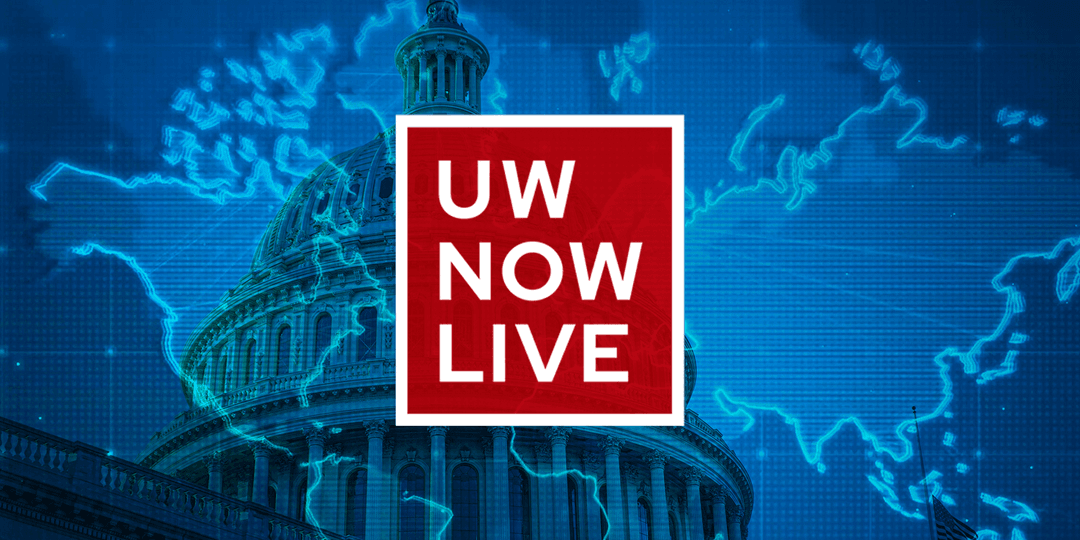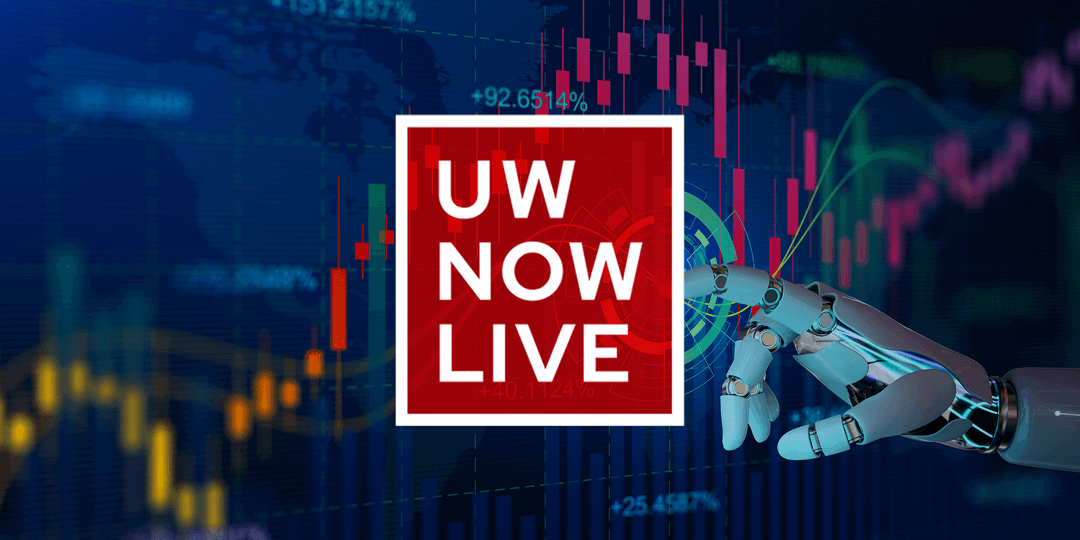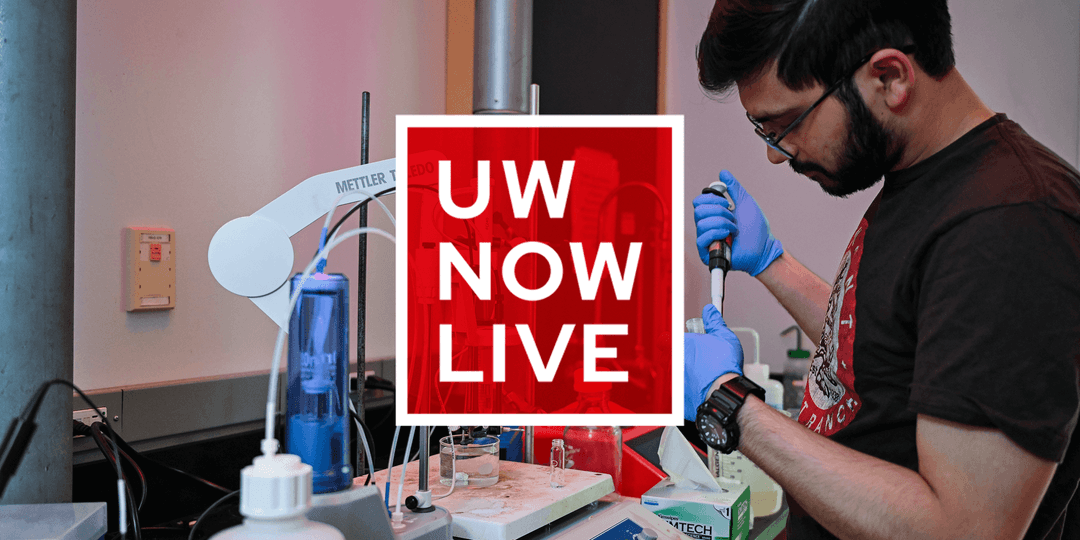With a new president and administration coming to the White House in January 2025, the United States is about to enter a new chapter of foreign and domestic policy. On the December 17 episode of the UW Now Livestream, international relations expert Jon Pevehouse will discuss president-elect Donald Trump’s campaign promises and cabinet picks, explaining how his policies — if implemented — might affect the United States at home and abroad. Pevehouse will pay particular attention to the United States’ trade relationship with China, its role in NATO and the war in Ukraine, and its role in the Middle East and the war between Israel and Hamas.
Pevehouse is the development chair of the UW’s Department of Political Science and the Mary Herman Rubinstein Professor of Political Science and Public Policy. He specializes in foreign relations and international trade and coauthored the leading textbook on international politics, International Relations.
Chief Area of Research:
My chief area of research is American foreign policy, international political economy, and international organizations.
On the UW Now Livestream, I’ll Discuss:
I plan to talk about a potential trade war with China and relations with European allies over NATO and the Ukraine war. I’ll also talk about U.S. positions on the Middle East with the war between Israel and Lebanon and Israel and Gaza. And [I’ll] maybe talk about immigration policy a little bit, too.
One Thing I’d Like Viewers to Remember Is:
There’s a lot of uncertainty based on the cabinet officials [Trump has] nominated. He may be getting some very different advice on some of these policies, and no one’s really sure how that’s all going to shake out.
For example, he’s talked a big game about really raising tariffs on Chinese goods, but he’s also got people telling him, “You won the election because people are mad about inflation, and tariffs could jack up inflation again very quickly.” A lot of people voted for him because they’re excited about him raising tariffs and think that’ll bring American jobs back. So, I think he has set potentially a difficult task for himself on some of these policy promises.
To Get Smart Fast, See:
Foreign Policy Magazine has a very good podcast, and it’s a good source for information. I’m a broken record on this, but BBC News is always interesting because they have this different — especially on Middle East events — they have a different take than many American sources do. South China Morning Post is interesting for China news. They’re a little bit anti-China but they also can be a little bit anti-U.S. sometimes, and so that makes it interesting.



